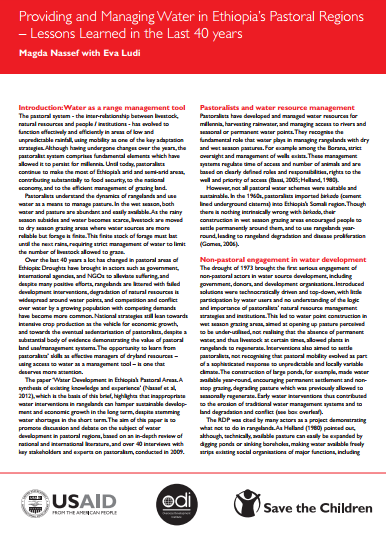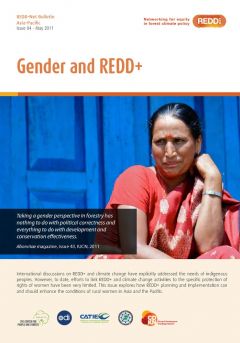The Overseas Development Institute (ODI) is the UK's leading independent think tank on international development and humanitarian issues.
Mission
Our mission is to inspire and inform policy and practice which lead to the reduction of poverty, the alleviation of suffering and the achievement of sustainable livelihoods in developing countries.
We do this by locking together high quality applied research, practical policy advice, and policy-focused dissemination and debate.
We work with partners in the public and private sectors, in both developing and developed countries.
Values
- Independence: ODI’s research, public affairs and policy advice are independent from its funders, and staff are able to challenge donor thinking and policy and the wider development consensus.
- High quality: Best practice, innovative approaches and continuous improvement are ensured in research, policy advice and public affairs.
- Fairness, diversity and equality: All staff and partners are treated fairly and with respect. ODI employment, disciplines and processes are appropriate for an institute focused on international development.
- Working together: There is continuous effort to foster better relationships throughout the organisation.
- Transparency and accountability: There is open reporting on the use of public funds, with full communication of our work to our donors, research subjects and partners.
- Sustainability: Resources are used in a sustainable way that reflects consciousness of the impact on the environment. The organisation works in a way that is sustainable, backed by commitment to its long-term viability.
Members:
Resources
Displaying 76 - 80 of 111Providing and Managing Water in Ethiopia’s Pastoral Regions – Lessons Learned in the Last 40 years
Introduction: Water as a range management tool The pastoral system - the inter-relationship between livestock, natural resources and people / institutions - has evolved to function effectively and efficiently in areas of low and unpredictable rainfall, using mobility as one of the key adaptation strategies. Although having undergone changes over the years, the pastoralist system comprises fundamental elements which have allowed it to persist for millennia.
Supporting local planning and innovation in the Nile BDC—group feedback
In early May 2011, people working on the Nile Basin Development Challenge (http://nilebdc.org) met in Addis Ababa in a 'science and reflection workshop'. Session 2 of the workshop examined institutional and other processes that are key to success of the overall program. In this video, Josie Tucker (ODI) reports from small group discussions on ways to support more flexible and participatory implementation of rainwater management and innovation at the local and regional levels.
Processes in the NBDC: People, platforms, innovation systems, networking, learning, pollicies, and institutions
Baseline research on livelihoods and RWM planning, implementation and innovation
REDD-Net Asia-Pacific Bulletin #4: Gender and REDD+
International discussions on REDD+ and climate change have explicitly addressed the needs of indigenous peoples. However, to date, efforts to link REDD+ and climate change activities to the specific protection of rights of women have been very limited. This brief explores how REDD+ planning and implementation can and should enhance the conditions of rural women in Asia and the Pacific.




